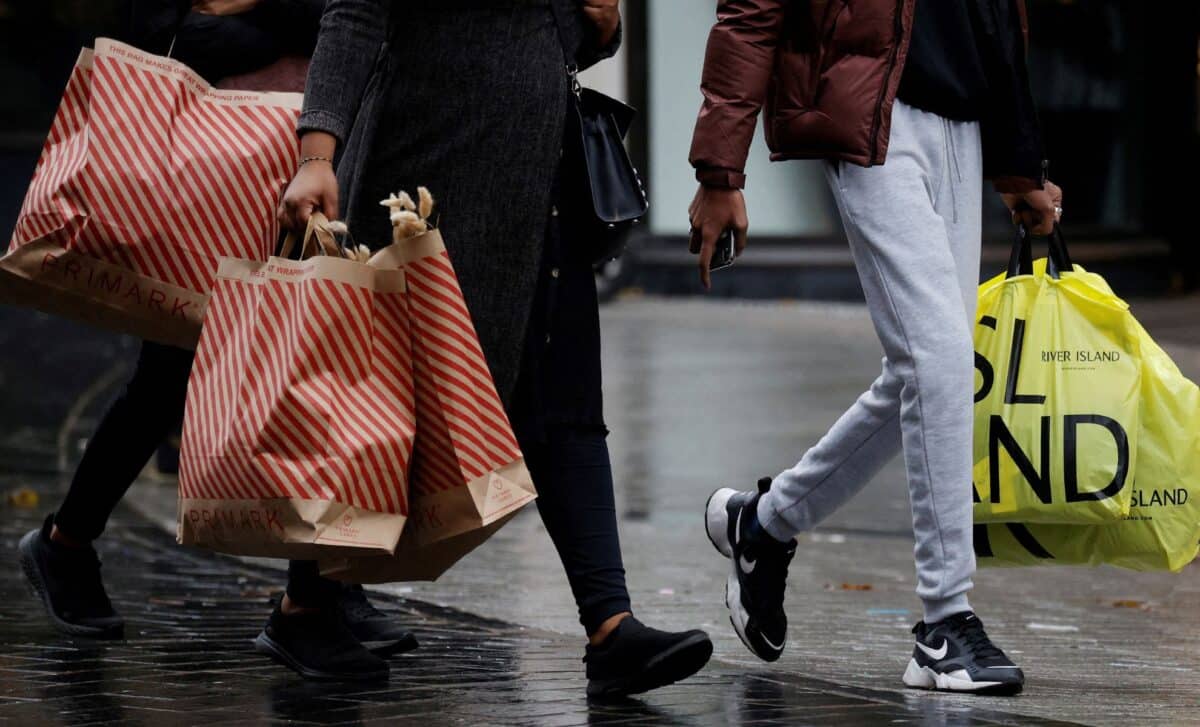Retail sales in Great Britain fell by 0.7% in October 2024, marking the first decline in three months, according to the Office for National Statistics (ONS). This drop came as consumers tightened their budgets amid growing apprehension about the impact of Labour’s first budget in 14 years, delivered on October 30, 2024. Revised figures for September also showed that sales growth was weaker than initially reported, adjusted down from 0.3% to just 0.1%, reflecting a softer start to the autumn shopping period.
The fall in sales, particularly in non-essential categories such as clothing and household goods, underscores the financial pressures facing consumers as inflation persists and tax changes loom. The data highlights the delicate balance between consumer behavior and economic policy, offering a snapshot of how uncertainty can ripple through the retail sector.
Consumers Tighten Spending Ahead of the Budget
October’s retail sales decline can largely be attributed to the cautious spending patterns adopted by consumers in anticipation of the new budget. Chancellor Rachel Reeves had warned of upcoming tax changes, fueling speculation about how these adjustments might impact disposable income. The resulting “wait and see” mentality was evident as shoppers refrained from discretionary spending.
The decline has also been tied to broader economic challenges, including inflation and ongoing high energy costs, which have eroded consumers’ purchasing power. Hannah Finselbach, senior statistician at the ONS, explained, “Retail sales fell back in October following three months of growth. The fall was driven by a notably poor month for clothing stores, but retailers across the board reported consumers held back on spending ahead of the budget.”
The apprehension about upcoming tax policies, such as increases in employers’ national insurance contributions, further compounded the situation. Businesses, particularly smaller retailers, face the dual challenge of weaker consumer demand and rising operational costs, with the £7 billion tax increase expected to place additional strain on the sector.
Non-Essential Categories Take the Hardest Hit
The ONS data highlighted significant declines in key retail categories, reflecting the cautious behavior of consumers. Spending on clothing and footwear saw the sharpest contraction, with sales falling by 3.1%, while non-food stores, which include department stores and household goods retailers, recorded a 1.4% decline.
Food and supermarket sales also dropped by 0.6%, highlighting that even essential categories were not immune to reduced consumer spending. The only areas to experience modest growth were household goods, which rose by 0.1%, and fuel, which increased by 0.6%—a gain attributed more to necessity than consumer confidence.
These sector-specific patterns underline the uncertainty that defined October, as discretionary spending on non-essentials took a noticeable hit. The timing of the budget announcement compounded the effects, as many consumers opted to defer large purchases or minimize expenses until the economic outlook became clearer.
Broader Economic Ramifications
The October retail sales slump has broader implications for the UK economy. The decline in spending directly impacted market confidence, with the value of sterling falling to a six-month low of $1.255 against the US dollar. Investors are concerned about weakening consumer confidence, which plays a critical role in driving economic growth.
For retailers, especially those reliant on discretionary spending, the October figures serve as a wake-up call. Greg Zakowicz, senior e-commerce analyst, remarked, “A fall in sales in October does not bode well for the retail industry, as this month typically marks the start of the festive shopping season. Retailers large and small will be looking at today’s figures and hoping that it is not a sign of things to come.”
However, some experts suggest that consumer spending may recover during major sales events such as Black Friday and the lead-up to Christmas. Seasonal promotions, combined with a clearer understanding of the budget’s implications, could help retailers regain momentum in the final months of the year.
Retailers Brace for a Crucial Holiday Season
Despite October’s downturn, the ONS noted that retail sales volumes for the three months leading up to October increased by 0.8% compared to the previous quarter. Year-on-year, sales volumes were also up by 2.4%, suggesting that the broader retail landscape remains relatively stable despite short-term fluctuations.
Looking ahead, retailers are pinning their hopes on a strong performance during the holiday shopping season. Discount-driven events like Black Friday are expected to draw cautious consumers back into stores and online marketplaces. However, with inflation and tax increases still weighing heavily on household finances, the overall recovery may be slower than anticipated.
As highlighted in The Guardian, the combination of pre-budget anxiety and economic pressures has created a challenging environment for both consumers and retailers. The October sales figures serve as a reminder of the interconnectedness of fiscal policy, consumer confidence, and retail performance.









